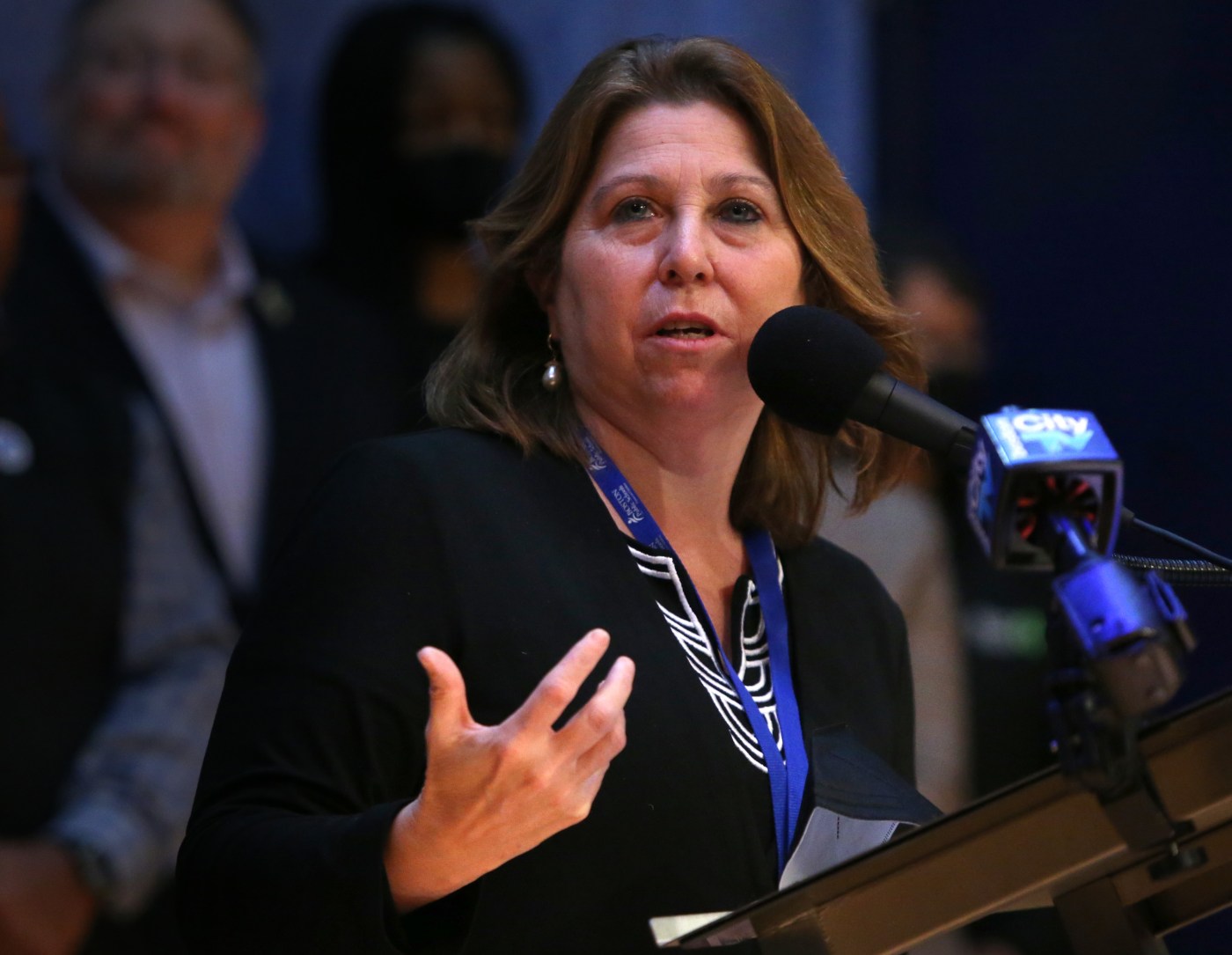
Boston School Committee considers another edit to exam school admissions policy
For the fifth year in a row, the Boston School Committee is considering tweaking the controversial exam school admissions policy.
“As we prepare for our fifth year of implementation of the revised process, we want to balance responding to feedback while making data-informed adjustments,” BPS Superintendent Mary Skipper said. “We’re proposing a slight update to the policy that will help us achieve that goal while staying true to the intent and spirit of the policy.”
The School Committee has updated the admissions policy to the three elite BPS exam schools — Boston Latin Academy, Boston Latin School and the John D. O’Bryant School of Math and Science — every year since the pandemic-plagued 2021-2022 school year.
Before the changes, exam school admissions were based on a straightforward citywide competition through GPA and test scores. Following the pandemic, the district has put forth a series of policies intended to increase socio-economic diversity at the schools.
Since 2023, the district has used a tiered structure in an attempt to distribute seats more evenly to students of different economic backgrounds. The tiers, which are each allotted equal numbers of seats, are based geographically on the socioeconomic makeup of the student’s neighborhood.
Additionally, the district awards “bonus points” to assist students who attend schools with a population of over 40% economically disadvantaged students.
This year, district officials are recommending the School Committee decrease the number of tiers from eight to four.
“If approved, it would mean that students in each tier would be considered for a higher percentage of invitations, an increase from 12.5% to 25% per tier,” Skipper said. “This change simplifies the policy. It mitigates changes due to minor variability in the American Community Survey data, and it lessens disparities and access between students in geographically similar areas.”
The policy shift has remained controversial since the initial pandemic-era change. The initial shift was challenged in court based on the argument that it was discriminatory to white and Asian students, a case which was denied through several appeals and finally turned down by the U.S. Supreme Court in November based on the fact the policy was temporary.
Parents have continued to argue throughout the variations that the policy discriminates against certain students, and the geographic nature of the tier system has left some economically disadvantaged students who happen to live in nicer areas behind.
In the most recent year, BPS altered the policy in response to the criticism that in some of the higher income area tiers students would have needed over a perfect composite score to gain admittance to certain schools.
The School Committee voted to vary the bonus points awarded by tier to allow students in each tier at least a shot at getting into the school of their choice, which allowed all 11 students with a perfect score admittance to their first choice school this year, Skipper said.
Monica Hogan, BPS Assistant Superintendent for Data Strategy and Implementation, broke down the data over the use of the new policy, noting in the last year the geographic distribution of exam school seats more closely matched the distribution of BPS students.
The number of economically disadvantaged students, multilingual learners and students with disabilities also grew, Hogan said, but remained behind the overall district proportion.
Related Articles
BPS announces largest single-year multilingual education expansion with new programs at 7 schools
Supreme Court rejects appeal over BPS race-conscious exam school admissions policy
Boston school custodian accused of assaulting 3 school workers: ‘You all cost me money’
Boston Mayor Michelle Wu launches free museums for all city children after criticism
Boston City Council, parents hammer BPS representatives for prolonged bus delay chaos
“We recognize there are areas for additional analysis based on feedback we’ve heard from the community, as well as from school committee members,” said Skipper. “As we enter into the fifth year of implementation the policy, as the policy suggests, we’re committed to reviewing all available data around areas of concern that have been raised.”
The School Committee is set to vote on the policy change at the upcoming January meeting.


